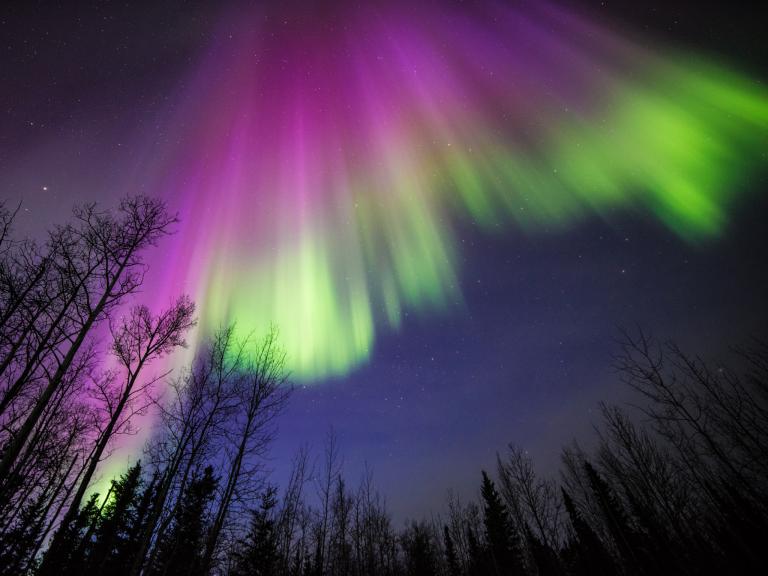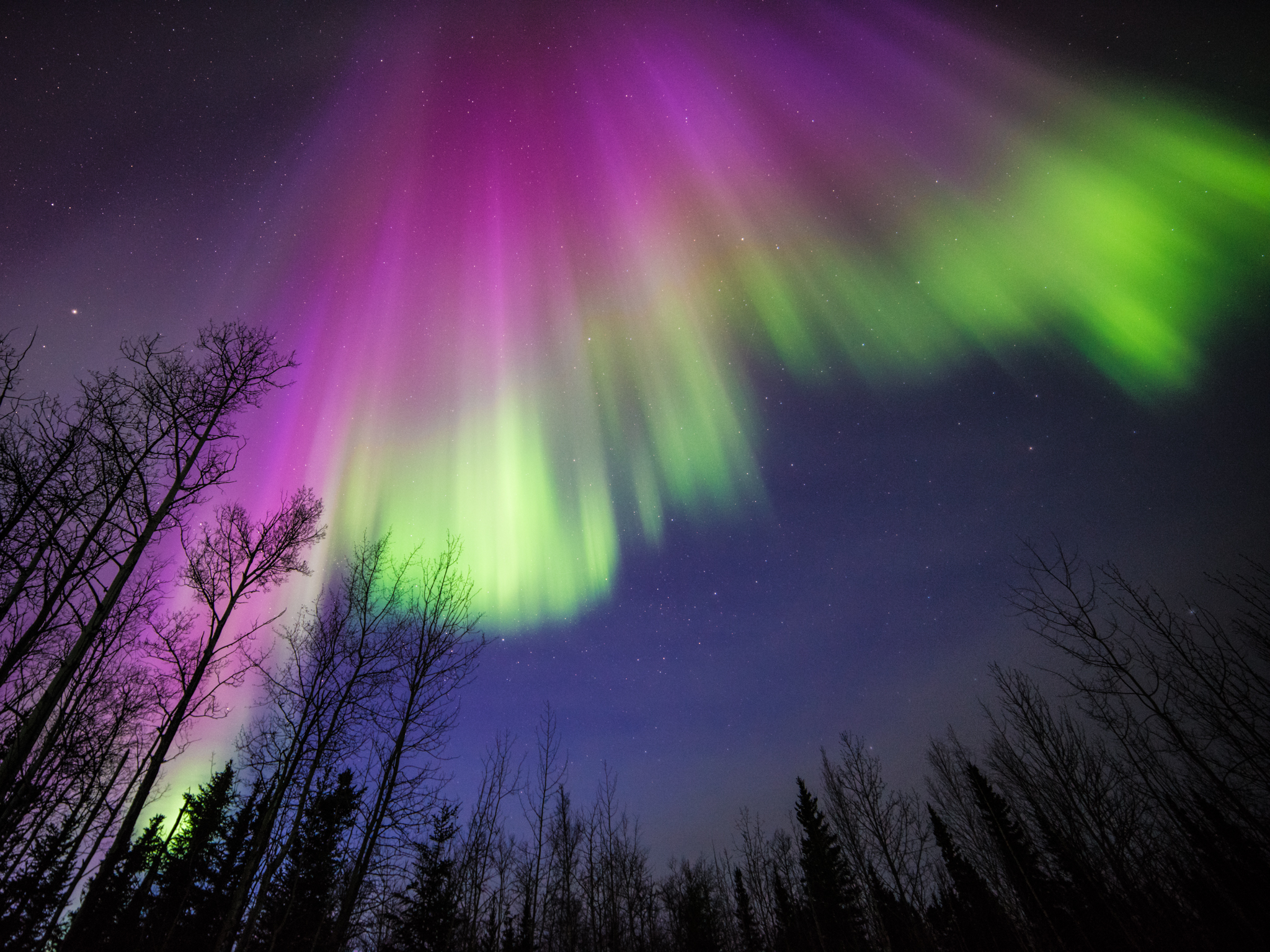 Outreach
OutreachCitizen science for the aurora
If you find it's always cloudy when the aurora is strong, why not have a go at classifying aurora images instead?
 Outreach
OutreachIf you find it's always cloudy when the aurora is strong, why not have a go at classifying aurora images instead?

If you find it's always cloudy when the aurora is strong, why not have a go at classifying aurora images instead?
Citizen science is coming to the fore in areas as diverse as galaxy classification and marine life, thanks to the human ability to recognise and classify complex objects. Now the aurora comes into citizen science through a project led by the UnIversity of Calgary, promoted by University of Lancaster researchers. The Auroral Zone asks members of the public to spend time classifying images of the sky captured by cameras across Canada, determining whether they show aurora and, if so, what type.
The University of Lancaster team – the people who brought you AuroraWatch – are establishing their own camera, the only dedicated allsky camera in the UK, and hope to include their images in this project in future. The AuroraWatch UK camera, funded by Lancaster University's faculty of Science and Technology will be based near Aberdeen and will also capture images of meteors and other sky phenomena.
The Auroral Zone offers a tutorial to get you started and information about the science of the aurora, as well as a leader board for competitive classifiers. The interface is easy to use and offers aurora fans something constructuve to do when cloudy skies mean that the chances of seeing the aurora live are low.
If you would like to submit an article to A&G Forum then please go here.